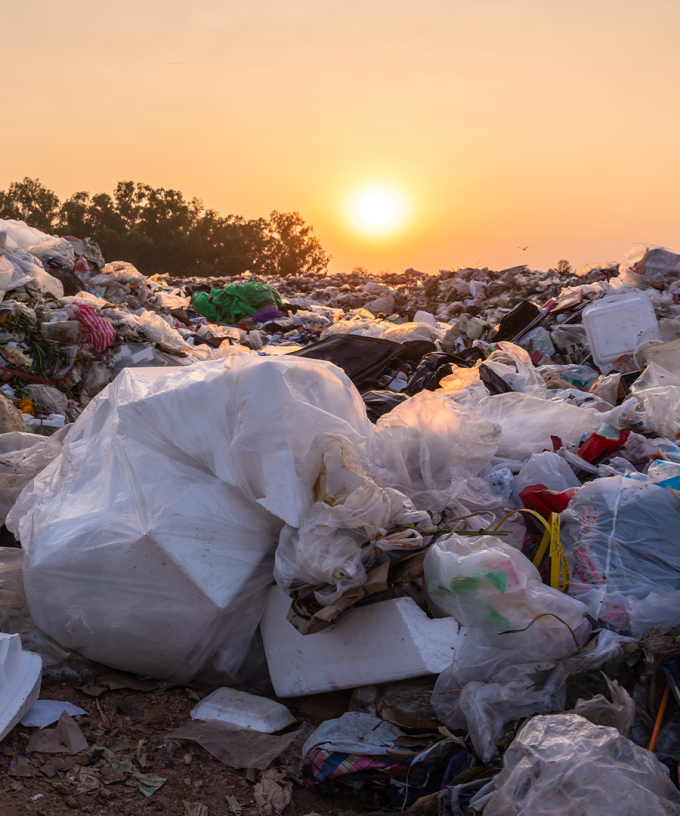In what could be one of the greatest developments in the worlds fight against pollution, scientists in Texas have created a protein that can literally “eat” plastic.
Cool right? After bringing together disciplines of chemical engineering, artificial intelligence & synthetic biology, this discovery has the potential to eliminate billions of tons of landfill waste.
The enzyme known as FAST-PETase (functional, active, stable and tolerant PETase) works by destroying PET (polyethylene terephthalate, commonly known as polyester), a type of plastic that is found in food and drink packaging, textiles and even carpet fibers. I’m sure you’ve heard of it!
Check it out:
This discovery could eliminate billions of tons of plastic waste from landfills. @TexasChE @LabAlper @TexasScience pic.twitter.com/SxnjJ5Jhky
— Texas Engineering (@CockrellSchool) May 5, 2022
“The possibilities are endless” according to University of Texas Professor Hal Alper. “Through these more sustainable enzyme approaches, we can begin to envision a true circular plastics economy.”
PET is currently responsible for 12% of all global waste and the enzyme is designed to reduce PET into smaller, molecular parts; effectively transforming them into chemicals that can then be reassembled.
According to the team behind FAST-PETase, the plastic can be broken down completely in as little as 24 hours in some cases. This offers hope for those trying to solve global pollution as such an enzyme could supercharge recycling on a large scale. Furthermore, major industries would be able to recover and reuse products at the molecular level.
A patent has been filed and production is being scaled up to prepare for the enzyme’s industrial applications.
“When considering environmental clean-up applications, you need an enzyme that can work in the environment at ambient temperature,” Professor Alper said. “This requirement is where our tech has a huge advantage in the future.”
Future uses for the enzyme are expected to help with cleaning up landfills and greening high waste-producing industries. Potentially the most exciting is environmental remediation. Once their study has been completed, FAST-PETase may be the way forward to rejuvenate environmental habitats across the world.







